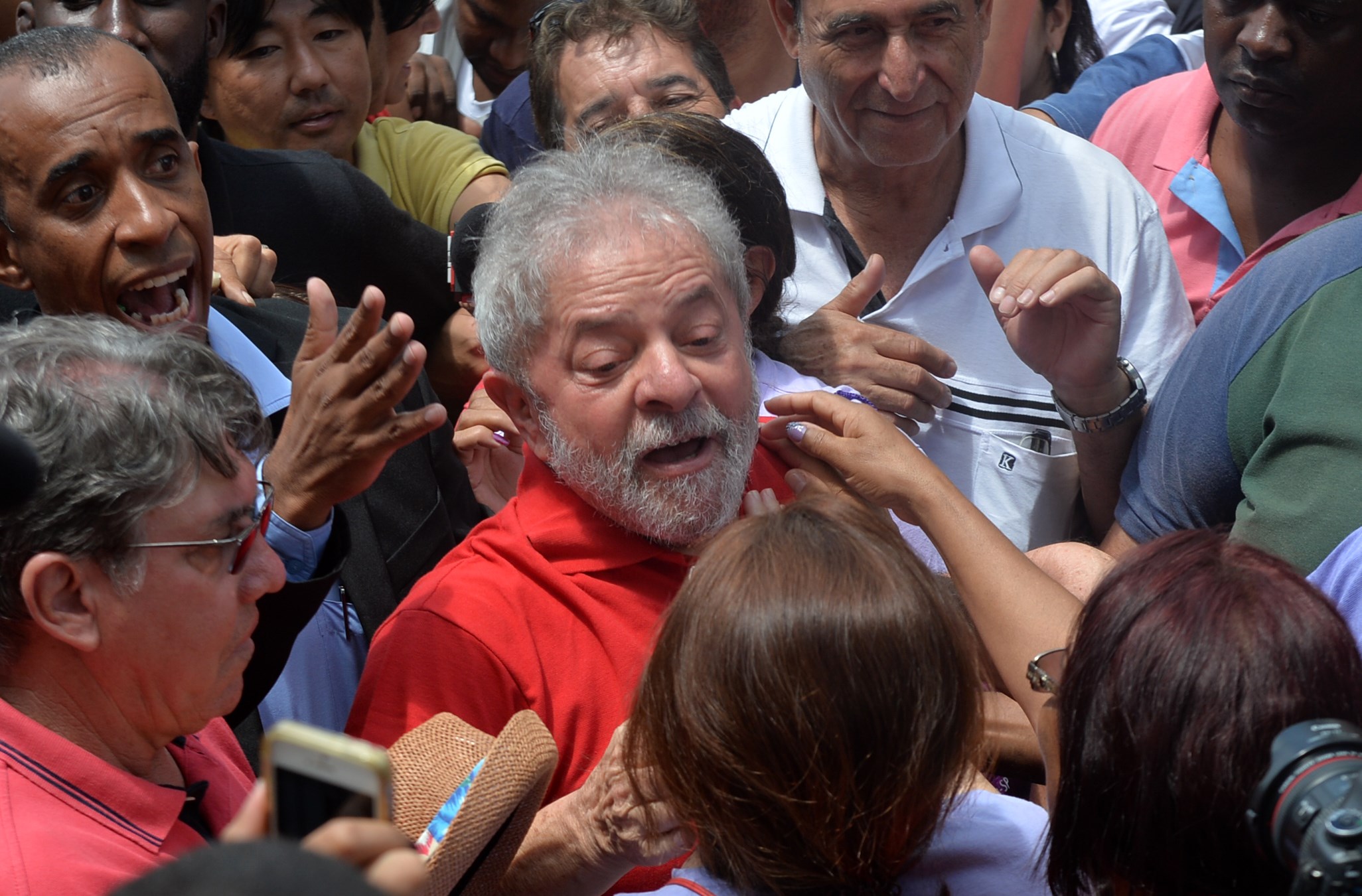
As corruption scandals rattle Latin America, many observers are asking if the region will ever shake off its legacy of weak institutions. I believe the answer is yes.
My optimism is based partly on the history of the United States, founded by leaders who were highly concerned about corruption; by some accounts, they devised the Constitution with the specific goal of vaccinating the new republic against vice. Despite their efforts, however, the US government soon became as venal as any of the old regimes in Europe – and, as Francis Fukuyama has argued, remained so for more than a century.
Even after the US finally started cleaning up the federal government, political patronage endured at the state and municipal levels. Policies to increase government transparency, such as the Freedom of Information Act, did not come into force until the 1960s.
Today, Americans still worry about the influence of money in politics, as demonstrated by recurring arguments over campaign finance in their current presidential primaries.
But there is no denying that the US government today is infinitely more virtuous than it was in the days of Thomas Jefferson, Abraham Lincoln, or Teddy Roosevelt.
Viewed from Latin America, the US experience is a reminder that strong institutions emerge at a glacial pace, thanks to the cumulative efforts of generations of reformers.
The lesson of the US and other countries is that countries need three ingredients to combat corruption: A strong legal framework, committed leaders, and sustained public support.
The first ingredient should not be a problem for Latin American countries (many of which drew from the US constitution in writing their own fundamental laws), though consistent enforcement remains a serious weakness. As for the second, numerous courageous individuals have stood up for probity, though they have largely been ignored or ostracized.
The third ingredient – popular mobilisation against corruption – has been the most difficult to obtain, as Latin Americans have historically tended to be tolerant of pilfering politicians. Brazilians even had a saying to excuse malfeasance: rouba mas faz (he steals, but he gets things done).
This seems finally to be changing. Across Latin America, citizens are taking to the streets to say of corruption: ya basta (enough is enough).
These are not just isolated protests against specific policies that harm their particular interests; demonstrations now involve a broad cross-section of society, including, most crucially, the region’s emerging middle class.
Moreover, unlike in the past, today’s corruption scandals are being investigated and prosecuted with unprecedented independence. Courts in countries as diverse as Brazil, Chile, Colombia, and Guatemala are indicting and even jailing prominent politicians and business people.
In a region long inured to impunity among political and economic elites, this amounts to a tectonic shift. Should this popular and judicial pressure persist, as seems likely, it could create the conditions in which many other reforms can succeed.
Since returning to democratic rule in the 1980s and 1990s, many Latin American countries have been quietly working to strengthen their political systems’ checks and balances, from enhancing the legislature’s authority to analyse budgets and monitor spending to reinforcing the judiciary’s capacity to prosecute complex financial crimes. Several countries have recently introduced enhanced safeguards against tax evasion and money laundering.
And some are trying to reform their police and adopt a more strategic approach to fighting drug trafficking and organised crime.
These are the kinds of unglamorous changes that rarely generate headlines. Yet they are indispensable to building trust in public institutions – which in turn is essential to economic progress.
As it stands, a lack of confidence in institutions is not only discouraging long-term investment; it is also driving roughly half of Latin America’s small-business owners to operate in the informal economy, thereby avoiding laws and taxes they believe will applied unfairly.
At a time when sluggish global growth and falling commodity prices demand rapid productivity growth, Latin America’s economies cannot afford to be hobbled in this way.
By and large, Latin America’s elected officials are getting the message and rushing to join good governance initiatives, such as the multilateral Open Government Partnership. It is time for the private sector, which has all too often tolerated corruption as an unavoidable cost of doing business, to take a stand as well.
If the region’s political and business leaders add their voices to the protests against corruption, Latin America can achieve a definitive break with the past, ensuring that all citizens can count on the fair implementation of the rule of law to enable everyone to reach their full potential. - Project Syndicate